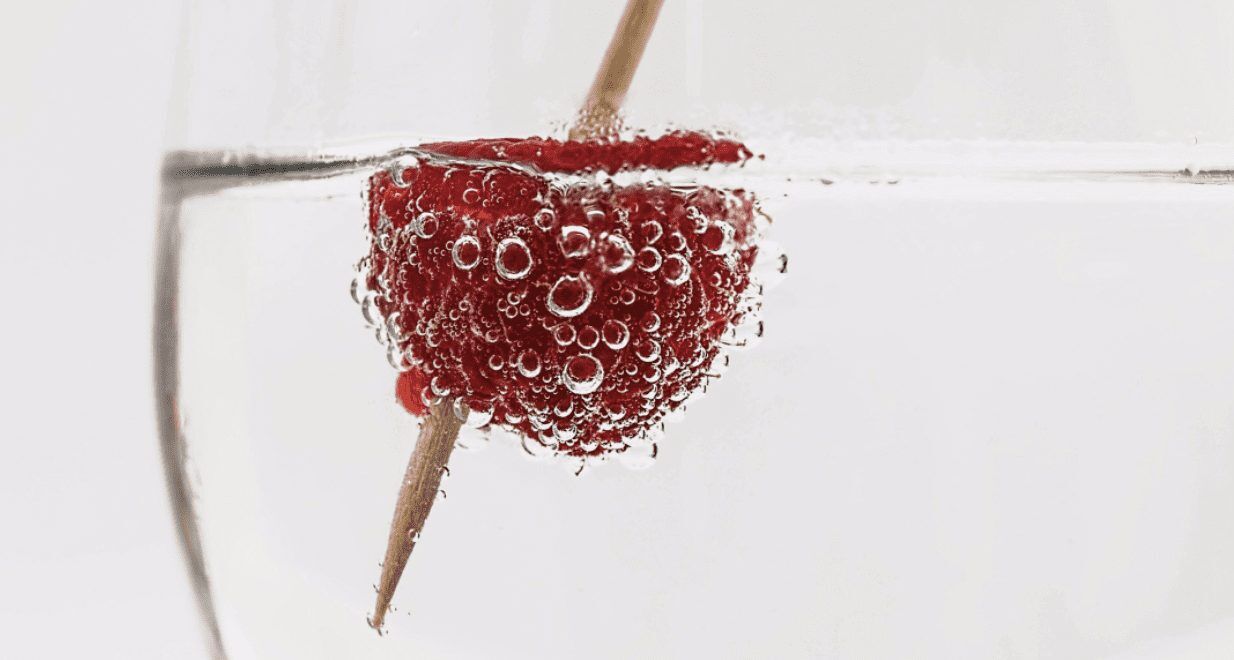At the Walk-in Specialist Emergency Clinic, WiSE we offer iron infusions (Ferinject) to appropriate patients who have been identified as iron deficient and for whom oral iron replacement has not been sufficient or is not appropriate. For further details see our Iron Infusions page.
Iron Deficiency
Iron deficiency is a common health concern, affecting around one in three women of reproductive age.
It can develop when iron intakes or iron absorption rates are unable to meet the iron demands of the body, often causing weakness, fatigue, poor concentration, headaches, and intolerance to exercise.
Iron deficiency has several stages of severity and is diagnosed by a blood test showing the level of serum ferritin (a protein that stores iron in the body).
The final and most severe stage is iron-deficiency anaemia. At this stage, red blood cells can no longer carry adequate amounts of oxygen around the body, causing extreme weakness and fatigue.
Causes
It’s important for doctors and health professionals to try and identify the cause of iron deficiency, as it may be a side effect of a serious underlying disease.
- Blood loss, often from heavy or prolonged menstruation, haemorrhage or frequent blood donation
- Vegetarianism, vegan, or having a diet where iron is not well absorbed
- Malabsorption of nutrients from the gut, due to conditions such as coeliac disease or irritable bowel syndrome
- Red blood cell damage due to extreme training practices, common in elite athletes
- Genetic predisposition.
Supplementation
An iron supplement may help improve iron status quickly and prevent progression to iron-deficient anaemia.
High-dose iron supplements are generally only recommended until the person’s iron stores are replenished and this is confirmed with a blood test, three to six months after starting supplementation.
Dietary
It is important to eat a variety of non-haem iron-containing foods as well for good long-term iron status. Good sources include beans, lentils, tofu, pasta, breakfast cereals (many of which are iron-fortified), breads, rice, eggs, dried fruit, nuts and vegetables such as broccoli, cauliflower, cabbage, peas and beans. In fact, a majority of our dietary iron is from non-haem sources such as breads and cereals.
Another key strategy is to boost your ability to absorb iron. Vitamin C-rich foods are well known for boosting iron absorption, so include these at each meal in the form of fresh fruit, vegetables and salad. Other iron absorption boosters include lemon juice, vinegar and alcohol.
Iron Infusions
At the Walk-in Specialist Emergency Clinic, WiSE we offer iron infusions (Ferinject) to appropriate patients who have been identified as iron deficient and for whom oral iron replacement has not been sufficient or is not appropriate. IV iron infusions deliver much-needed iron directly into your blood to help combat these symptoms and is a quick, easy and effective way to restore normal body iron levels. For further details see our Iron Infusions page.

